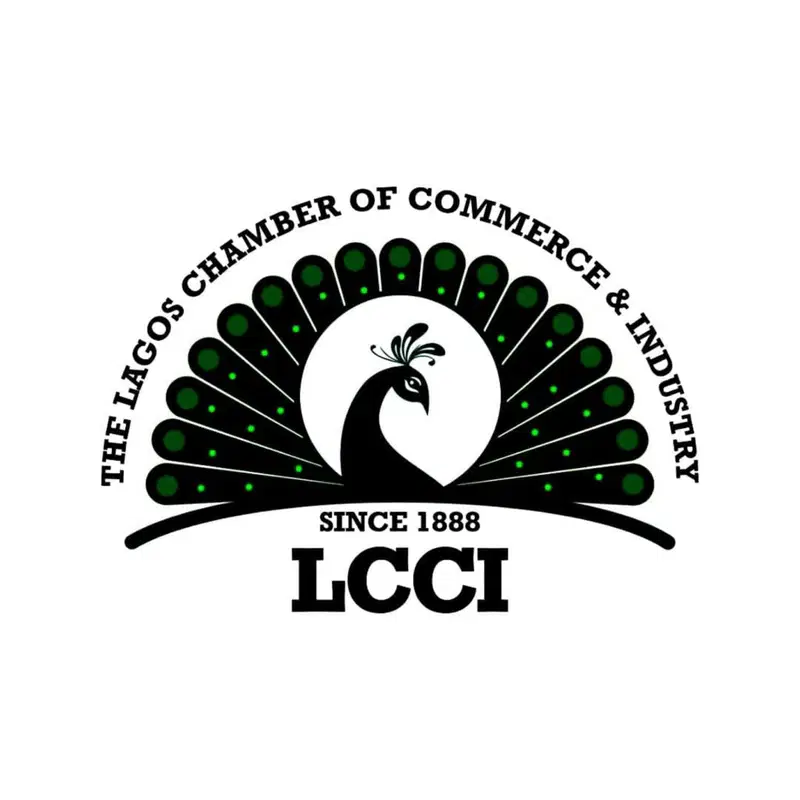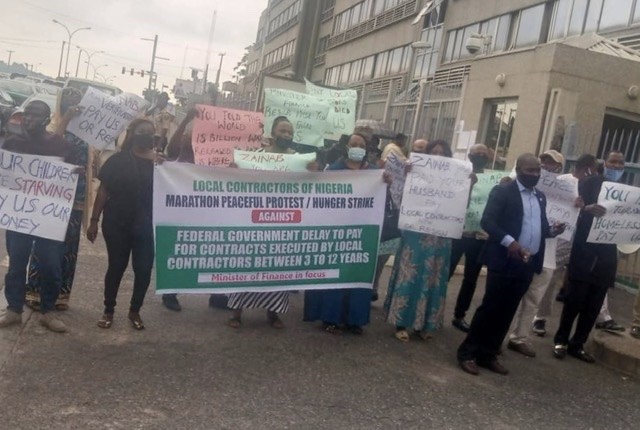
Inconsistent policies and poor implementation have been identified as major hindrances to Nigeria’s industrialisation drive because they make investment planning difficult for manufacturers in the country.
President of the Lagos Chamber of Commerce and Industry (LCCI), Gabriel Idahosa, alluded to this, along with other experts, at the LCCI Industrial, Export, and Financial Services Groups symposium themed, ‘Industrial Symposium: Industries as the Catalyst for Growth and Economic Development’, recently held in Lagos.
The experts said national economic growth can only happen when there is adequate provision of the right support to the manufacturing sector.
Idahosa stated: “Manufacturing which ought to have stood as a pillar that can reduce inflationary pressures by increasing domestic production, reducing imports and stabilising the naira is failing owing to the challenges limiting the sector.
“Frequent policy changes, regulatory uncertainty, and inconsistent enforcement of laws create an unstable business environment for manufacturers.”
According to him, industries require long-term planning and investment, but they are reluctant to make the necessary commitments when policies shift unpredictably.
He urged the government to prioritise creating a stable and predictable policy environment to attract domestic and foreign investments.
“Industries are not just a means of creating wealth but also catalysts for broader economic transformation. By focusing on the development of key sectors such as manufacturing, agriculture, and technology, Nigeria can overcome its current economic challenges and build a more prosperous future for all,” he added.
Also speaking, Sada Ladan-Baki, Group Executive Director for Export and International Trade at Dangote Cement, said most manufacturers are not even clear about the industrial policies in the country owing to inconsistencies.
He said the country can only drive its economic growth with sound industrial policies that must be consistent and backed by cheap credit.
“We must be strategic, specific with policies targeted at driving industrialisation if we truly want to be industrialised,” he said.
Also, Vivian Ikem, Director at Habanera Limited, said there is so much inconsistency in Nigeria’s business regulation and implementation.
She said the country has continued to reverse or abandon industrial policies mid-way which is eroding the gains that could have been obtained if they were consistent.
Ikem noted that the country has continued to pay lip service to exports and failed to drive its industrialisation owing to the lack of policies that support manufacturing and export.
Vanguard




